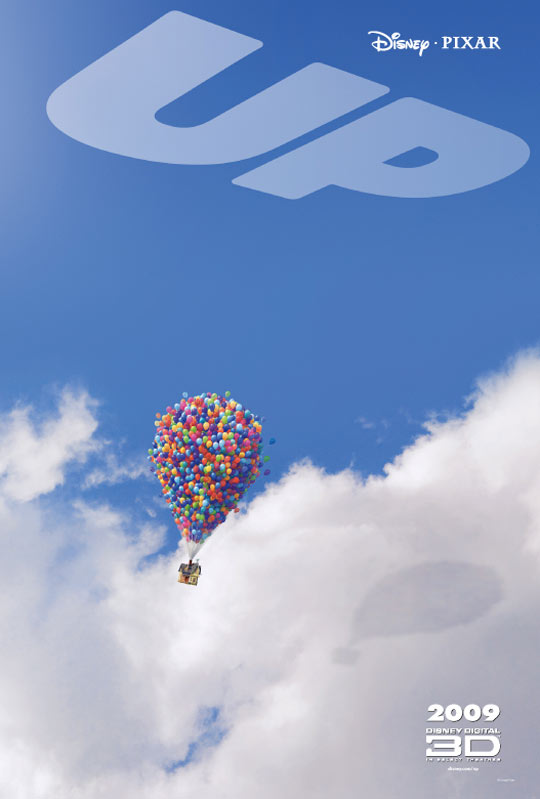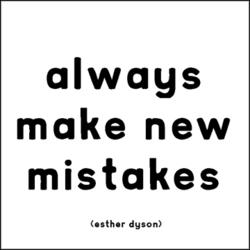I got a note from a friend who was concerned that he had given a talk where he gave me credit for the term "attitude of wisdom," but when a summary was published, it was presented as his idea. It is great to have friends who give you credit for ideas and, as I think is evident in this blog, I try to take great care to describe the sources of my ideas (not only to give people credit, but also because readers may want to dig in deeper and may also disagree with my interpretation). But my friend's note reminded me of something that I've thought a lot about over my earlier career as a pure academic and more recently as someone who tries to bridge the worlds of research and practice — the tensions and pitfalls around giving other people credit and claiming that one has an original idea.
On the one hand, as my friend was so careful to do, I think it is important to try to acknowledge where your ideas come from — for reasons already enumerated here, to give credit, because people may want to learn more, and because they may want to challenge your interpretation. I also think it is important to acknowledge others because it reflects how the process of developing academic and applied ideas in the behavioral sciences operates: There are few if any new ideas, and creativity happens largely through moving old ideas from where they are known to where they are unknown and blending them in new ways (See Andy Hargadon's book to learn more). So most claims — by academics or gurus — that they have developed entirely new ideas are suspect, and as James March once told, me, most claims originality reflect arrogance, ignorance, or both. I got sufficiently tired of all the false claims of originality — especially among so-called management gurus — that (both here and in Hard Facts) I once proposed "Sutton's Law" after the now defunct Business 2.0 was kind enough to call me management guru:
from someone else."
On the other hand, trying to figure where an idea came from — when it was first developed and who developed it — is often an impossible task. The best (and most enjoyable) example of this challenge is seen in the lovely old book called On the Shoulders of Giants, where sociologist Robert Merton tried to trace the origins of the phrase " "If I have seen farther, it is by standing on the shoulders of giants." This is often attributed to Newton, but as Merton shows on his amusing and impressive scholarly journey, nailing down the origins of an idea is often impossible and (following March's comment and Sutton's Law) the only thing that is usually safe to assume is that if someone claims they invented an idea out of whole cloth, they are suffering from arrogance, ignorance, or both.
So to return to my friend's concern about the phrase "The Attitude of Wisdom," I think I first saw it used by Karl Weick, who attributed a psychologist named John Meacham, who credited (among others) psychologist Erik Erikson and "Socrates, as expressed by Plato." And on and on it goes. So I don't know where it came from, but I do know it wasn't my idea.
I am left with two practical lessons. First, trying to figure out the sources of an idea and taking care to give others credit for ideas leads you to think about an idea more deeply and protects you from arrogance (or being seen as arrogant) even if you may never find the real source. Second, when it comes to the every day challenges of management, and life in general, perhaps the most important thing is to follow (Jeffrey) Pfeffer's Law:
"Instead of being interested in
what is NEW, we ought to be interested in what is TRUE."
As usual, Jeff cuts to the heart of the matter.

